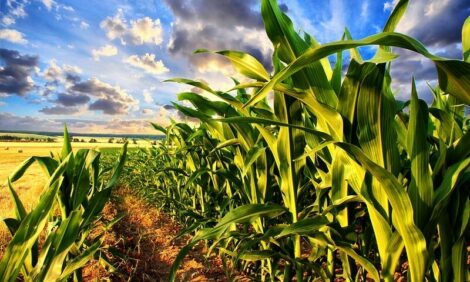



France tightens import checks after wild plants found in GM rapeseed
Rapeseed is used in livestock feedFrench authorities said on Friday they had asked oilseed processor Saipol to tighten procedures on handling imports after genetically modified (GM) rapeseed, cultivation of which is banned in the European Union, was found growing wild last year, reported Reuters.
The plants were found by anti-GM crop association Inf'OGM growing along a road linking a port terminal with a crushing facility operated by Saipol, a unit of oilseed group Avril, at Rouen in northern France, French health and safety agency ANSES said in a report.
EU countries including France import large volumes of GM crops, including varieties of rapeseed, soybeans and maize, notably to feed livestock.
However, cultivation of GMO varieties is rare due to public opposition and no GMO rapeseed has been approved for growing.
Imports of GM rapeseed, also used to produce biodiesel fuel, mostly come from Canada and Australia to complement non-GM supply from Europe.
ANSES had requested that Saipol improve prevention of grain spilling from lorries and increase monitoring of wild plants in an extended port zone, the agency said, adding there was little risk of contamination of local farmland.
Saipol said in an emailed statement that it had taken additional measures, including more frequent weeding of wild plants.
"These actions seem to be effective and we will continue to monitor the matter with the authorities and reinforce the measures if needed," it said.
The French Agriculture Ministry, which had requested ANSES' report, said in a separate statement that inspections of other factories in France that process imported GMO rapeseed had been launched last year.



